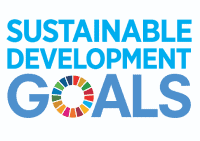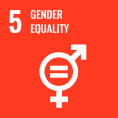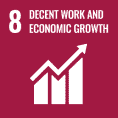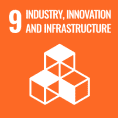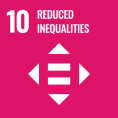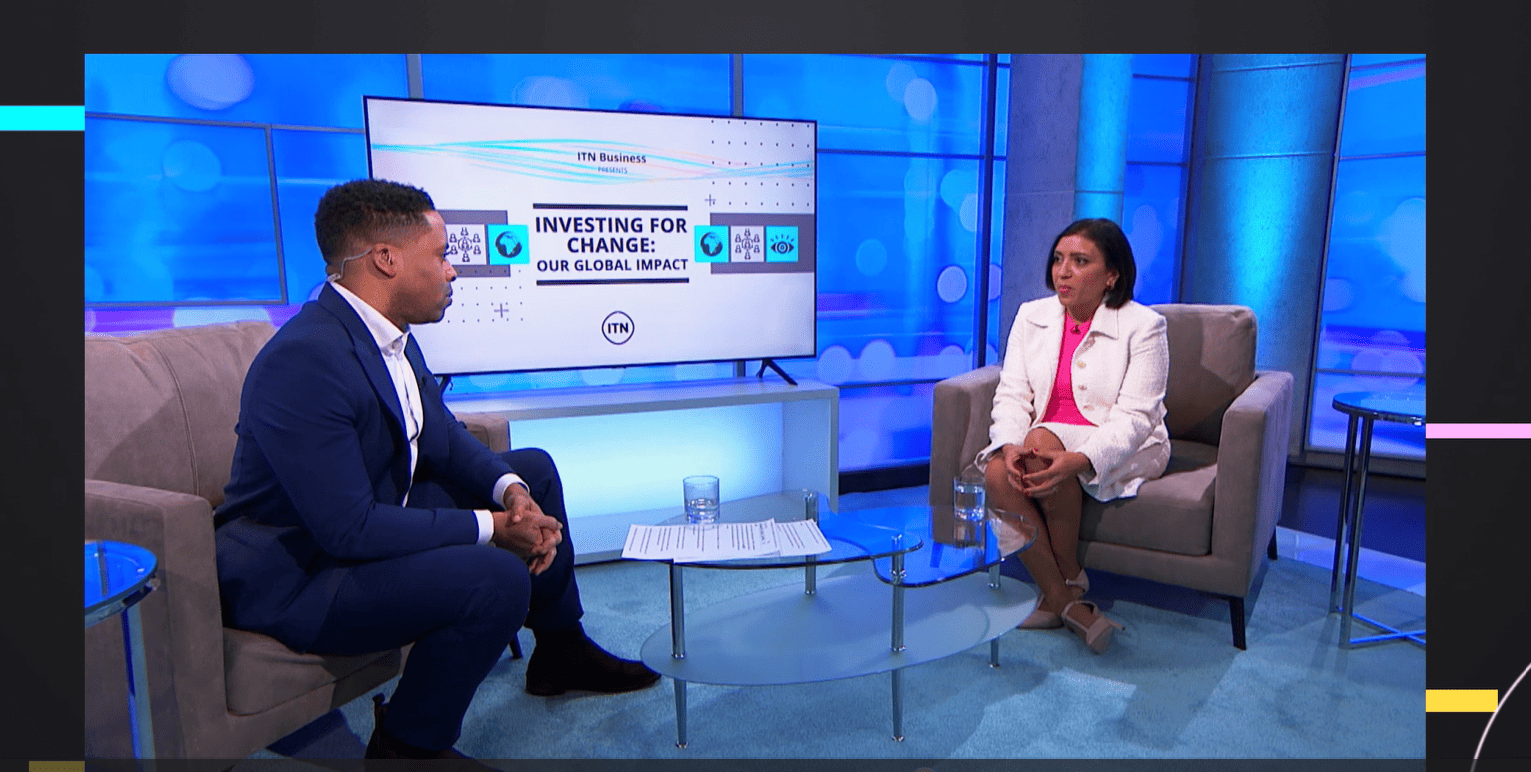Earlier this month, AGC participated in an interview series program by ITN, an award-winning UK-based media company. The piece, titled “How Advance Global Capital is helping local economies and communities flourish” was crafted and authored by ITN as part of their insightful program.
Impact investing is a driving force in the transition to a more sustainable and inclusive world. It plays a vital role in bringing about positive change through providing capital to purpose-led businesses and emerging industries.
As start-ups and SMEs can often fail to secure financial backing from traditional banks — mainly due to a lack of assets — impact investors like Advance Global Capital (AGC) can offer a lifeline.
By providing flexible financing to small and medium companies in emerging markets — with a focus on women-led and women-owned businesses — AGC, a global impact investment management company, is helping to create game-changing economic opportunities in various corners of the globe.

“Globally, there are about 65 million credit-constrained SMEs, particularly in emerging markets” says AGC’s Co-CEO Sudha Bharadia. “Our mission at AGC is to get capital into the hands of those SMEs because they need that short-term working capital… to be able to buy their next set of raw goods, to make payroll pay their taxes, that sort of thing.”
From Botswana in Southern Africa, to Eastern Europe and Romania, to Colombia and Mexico, AGC has so far financed nearly 45,000 SMEs (of which 45% are women-led) and created 657,000 jobs.

“Women-owned or women-led businesses, particularly in emerging markets, struggle with access to finance. In those markets, even if the banks are even lending to SMEs, you’ll often need to have title to assets, and women-led businesses, particularly in these markets, will struggle to have that title to assets to pledge.”
AGC understands the potential for private capital to make a real difference. It collaborates with stakeholders all around the world, targeting regions where the SME community is underserved by financial services, and where there is potential for growth. In these areas, AGC works with non-bank financial institutions and offers competitively priced funding.
‘Pregnancy Coach’: AGC’s funding initiative in Botswana
AGC’s Co-CEO Sudha Bharadia visited Botswana in Southern Africa last February to learn how the company’s funding partner there is providing innovative financial solutions for growing businesses.
One company receiving funding is One Shot Media, a small multimedia business that creates projects for Botswana Television (BTV), the national broadcasting service. With funding from AGC’s partner, One Shot Media, which focuses on branding, advertising, TV, and film production, has filmed a significant project for BTV, called ‘Pregnancy Coach’.
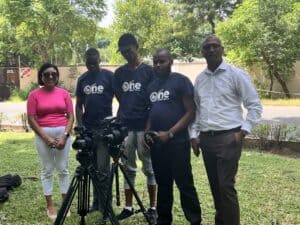
The 26-episode series discusses fetal development, exercise, health and nutrition to help support pregnant women in Botswana — particularly those that are young and unmarried — as they navigate their pregnancy.
The informative series contributes to Botswana’s local health initiatives, providing education and advice, and resources for dealing with any concerns throughout pregnancy, and advising on how to keep safe.
Sudha understands the power of small businesses, in shaping societal perspectives.
“Supporting projects like ‘Pregnancy Coach’ isn’t just about funding a film,” Sudha explains to ITN Business, “it’s about leveraging the influential platform of television to broadcast critical health information.
“By addressing topics like fetal development and nutrition, we are proud to be involved in some small way in the country’s efforts focused on the wellbeing of women and communities in Botswana.”
“Our mission aligns with Botswana’s vision, and we’re proud to play a role in its journey toward becoming a productive and resilient nation.”
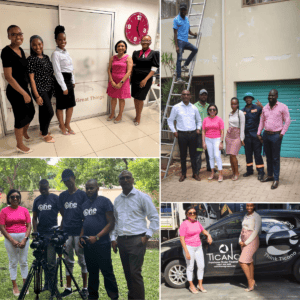
Due to the project’s size and scope, funding was necessary to support all the various elements of its production. The quick access to working capital enabled the film project to be brought to life, while generating employment opportunities within Botswana’s creative sector.
One Shot Media was able to build a diverse team of employees across a wide range of specialties – opening doors for makeup artists, presenters, camera operators, editors and other skilled workers in the industry.
The African film industry employs an estimated 5 million people — and at least 30% of these are women — within the Southern African region.
It’s reported that the film industry accounts for $5 billion of Africa’s GDP, however in many parts of the continent, the TV and film industries have yet to fully harness their economic potential.
In Botswana, the sector has been hindered by limited funding, distribution and resources, restricting SMEs to only smaller-scale production projects that are taken on in response to requests for proposals from BTV.
Botswana’s progress
After Botswana gained independence in 1966, it faced huge challenges as one of the world’s poorest countries. For decades, the citizens of Botswana have relied heavily on cattle herding and farming for their livelihoods.
Today, the country is on a remarkable journey of continued economic transformation, and has been focused on developing infrastructure and new strategies to diversify its economy. A range of industries and resources such as copper, diamonds and cattle, have helped grow its GDP, transforming it into one of Africa’s fastest-growing nations.
Its Government Procurement Office is helping to ensure projects run efficiently and transparently, and working to ensure fair competition and equal opportunity in the procurement of services.
Other projects include funding a family-owned toy manufacturer in Colombia, that was hit hard by the pandemic and supply chain issues, and emerging plant-based food businesses in Eastern Europe.
Watch our interview with Co-CEO Sudha Bharadia.
For more interviews and insights into Impact Investing, head to our Investing for Change: Our Global Impact programme page.

